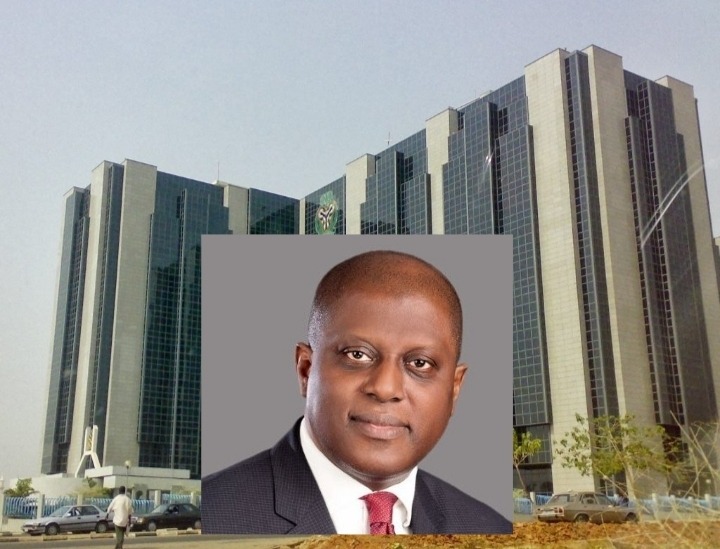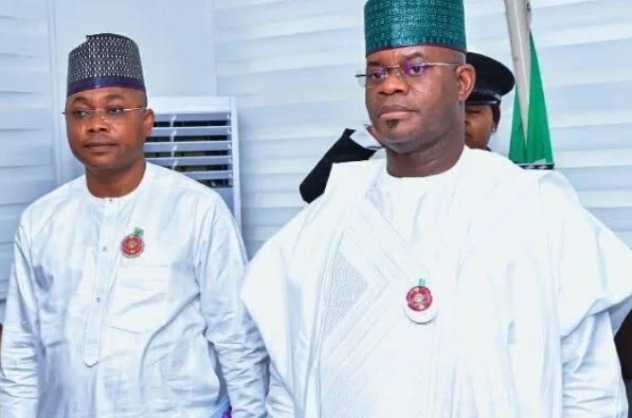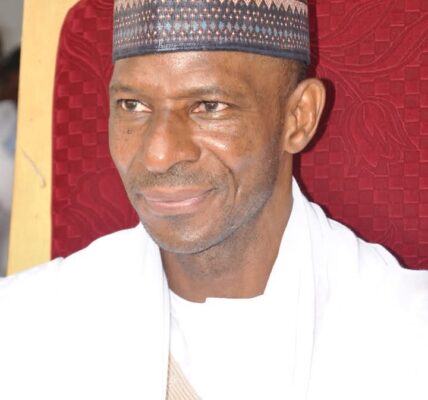This post has already been read 21885 times!
Amidst economic woes that fueled high cost of living and a recent nationwide hunger protests, Nigeria’s external reserves have decreased by 0.68% to $36.620bn as of August 12, 2024, from $36.872bn recorded on August 7, 2024, according to data from the Central Bank of Nigeria (CBN).
ABUJA BUSINESS REPORTS NEWSPAPER & MAGAZINE reports that this decline comes after the reserves increased to $37.88bn as of July 15, 2024, from $34.76bn as of June 2024.
The CBN had earlier predicted a slight reduction in external reserves in 2024, attributing it to debt service and other obligations. The apex bank’s ‘Macroeconomic Outlook: Price Discovery for Economic Stabilisation’ report stated that the external reserves, which stood at $33.09bn in 2023, could reduce slightly in 2024 due to continued payments of outstanding foreign exchange forward obligations, matured foreign exchange swaps, and debt service.
Despite the predicted decline, the CBN is working to maintain exchange rate stability to ensure stable prices, given the significant impact of exchange rate pass-through on import prices and inflation.
The apex bank has made substantial efforts to stabilise the foreign exchange market, leading to increased foreign portfolio investment inflow and a reduction in exchange rate volatility.
External reserves play a crucial role in facilitating international trade, ensuring stability in the economic landscape, and serving as a safeguard to meet external obligations.
The decline in external reserves has sparked concerns about the country’s ability to meet its external obligations and maintain exchange rate stability.
The CBN Governor, Olayemi Cardoso, emphasized the need to carefully manage the fragile equilibrium in the foreign exchange market to sustain recent stability and attract more capital flows.
The Monetary Policy Committee (MPC) members have also highlighted the importance of maintaining exchange rate stability and exploring medium and long-term strategies to ensure a market-determined equilibrium level.







